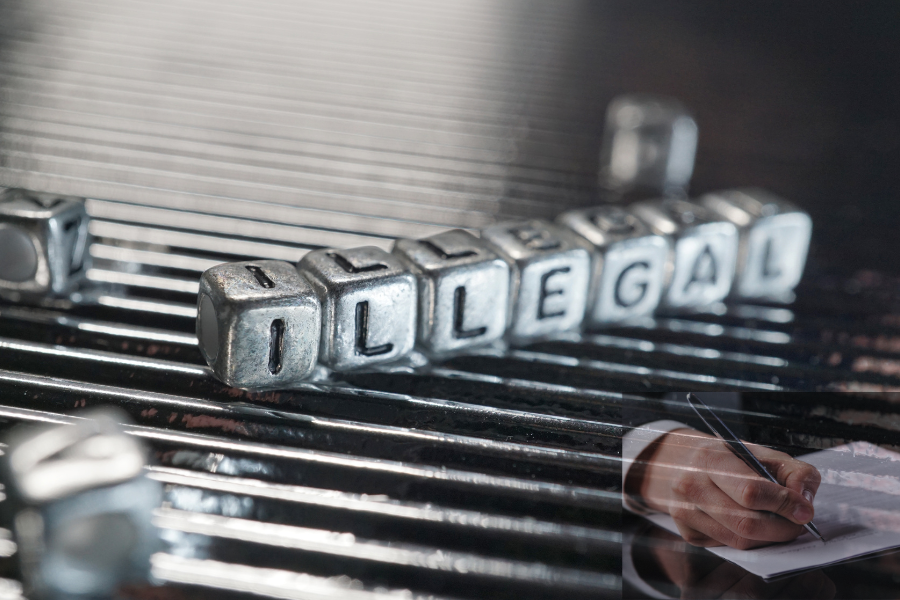Major Recording Entities and RIAA File Lawsuit Against AI Company Behind Metro Boomin's "BBL Drizzy"
- Capital Culture
- Jul 4, 2024
- 2 min read
Updated: Jul 26, 2024

As reported by XXL, on June 24th, the Recording Industry Association of America (RIAA) made the announcement of filing legal action against two AI music generation services, Suno and Udio, citing copyright infringement. The lawsuit involves the unauthorized use of copyrighted sound recordings by Suno and Udio, with major record labels Sony Music, Warner Records, and Universal Music Group serving as plaintiffs.

According to the RIAA, Metro Boomin's creation "BBL Drizzy" using Udio's AI tool is at the center of the dispute, sparking controversy in the music industry. The producer, in response to a rap battle between Kendrick Lamar and Drake, showcased "BBL Drizzy" and initiated a competition inviting rappers to add their verses to the track. This move resulted in the spotlight being placed on an already existing AI-generated track, sparking further debate on the use of AI in music creation.
The original AI track, including a hook that pokes fun at Drake, was created by comedian and AI creator Will "King Willonius" Hatcher. This led to a mixed reaction from rap fans, as opinions on music generated using AI vary widely. Some, like GHOST, who created the controversial Drake and The Weeknd AI track "Heart on My Sleeve" in 2023, embrace the technology, while others, like producer Guru, express concerns about its impact on the industry.

In response to the legal action, Udio released a statement on social media, expressing their belief in the power of AI as a tool for creative expression across various media, including music. They stood by their technology, highlighting instances where it has empowered artists and musicians of all kinds to produce extraordinary music.
Udio’s entire post can be read here.
Suno CEO Mikey Shulman, on the other hand, criticized the record labels for resorting to legal action instead of engaging in constructive dialogue with the company. Shulman emphasized Suno's commitment to fostering originality in music creation and highlighted the transformative nature of their technology. "Suno's mission is to make it possible for everyone to make music," Shulman said. "Our technology is transformative; it is designed to generate completely new outputs, not to memorize and regurgitate pre-existing content. That is why we don't allow user prompts that reference specific artists."

In a counter-statement, RIAA dismissed Udio's response, accusing the company of attempting to justify their unauthorized use of artists' work for profit. RIAA also pointed out Udio's admission of copying a large collection of recorded music, labeling it as illegal and unethical conduct for which they should be held accountable.
"If there is any takeaway from Udio's meandering 'response,' it is that Udio is attempting to construct an alternate reality where being pro-artist means stealing artists' work for profit," the statement begins. "In the reality everyone else is living in, artist advocate groups oppose what Udio is doing and strongly support these lawsuits. Supporting real creativity means getting permission before using someone's work and developing technology that partners with and supports human artists instead of cutting them out and replacing them. Music companies have already struck multiple partnerships with startups, entrepreneurs, and others with responsible applications of AI."
"There is one surprising note of agreement: Udio now seems to admit their model copied 'a large collection of recorded music.' That's a startling admission of illegal and unethical conduct, and they should be held accountable."

Comments